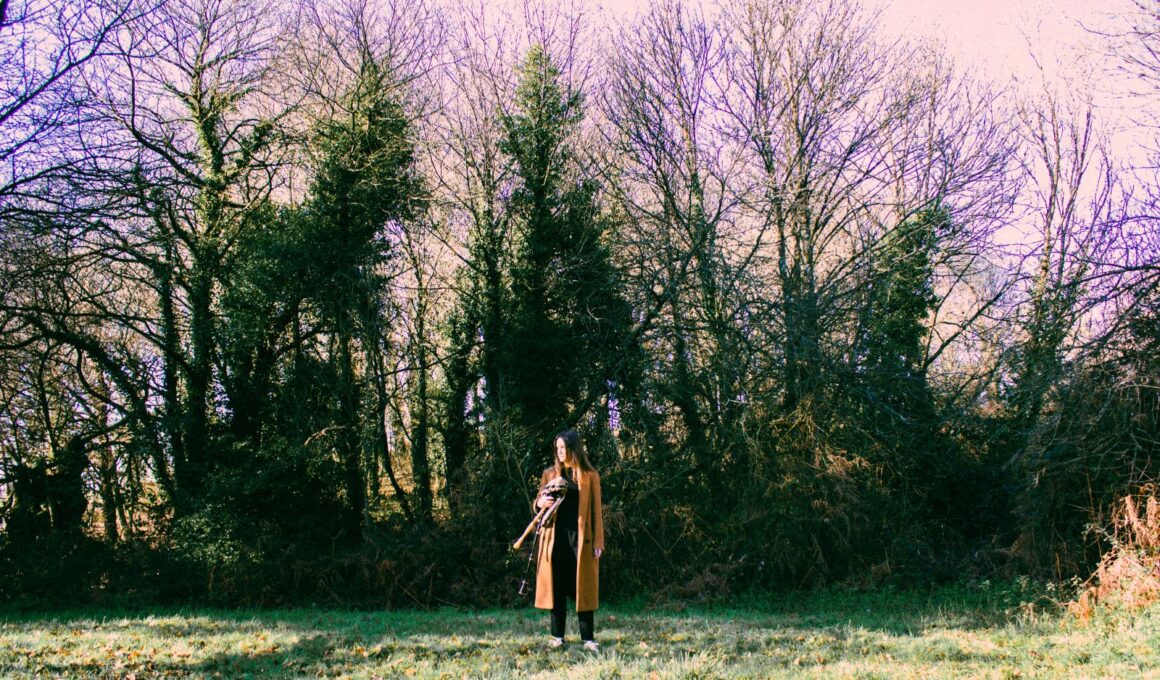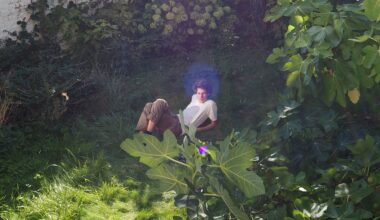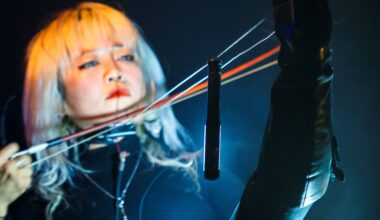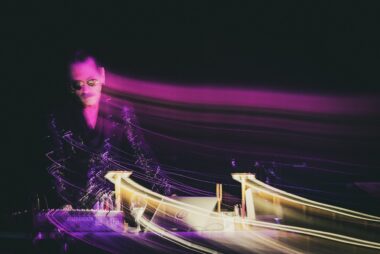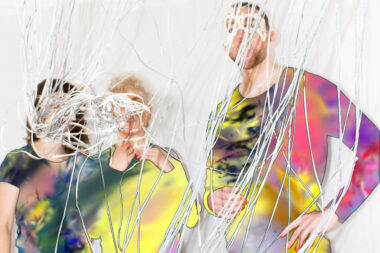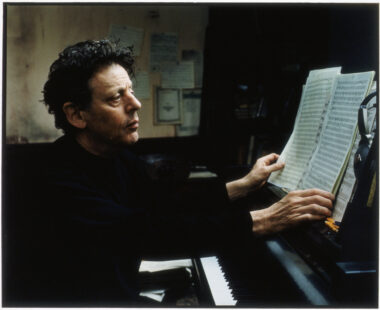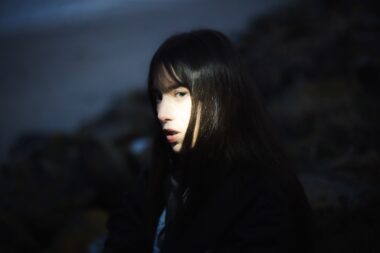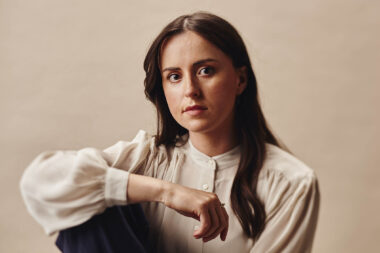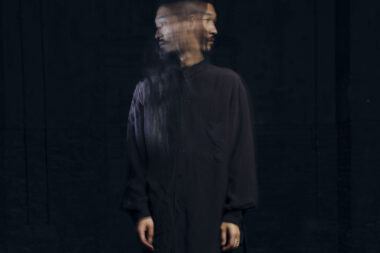This September, the Kiezsalon debuts at the Museum Europäischer Kulturen (MEK) in Dahlem, set amidst its lush greenery. Under the autumn sun, we present Galician bagpipe player Carme López, singer-songwriter Maria Rodés, and Catalan guitarist and producer Ubaldo.
Carme López is a musician, teacher and researcher in the field of Galician folk music. Her 2024 album Quintela is the first work of experimental music for Galician bagpipes. Drawing inspiration from the drone music of Éliane Radigue and Pauline Oliveros, she removes the pipes from their male-dominated traditions and repertoire, revealing subtleties of timbre and, as Bandcamp Daily writes, “deploying the bagpipe’s ability to wander across microtonal ranges to create dense layers of sound,” opening “entirely new avenues of possibility for the instrument.”
Spanish singer-songwriter Maria Rodés began her career with the folk project Oniric before going solo, releasing albums including Una Forma De Hablar, Sueño Triangular and 2014’s Maria Canta Copla, a collection of traditional Spanish songs that led to an invitation from David Byrne to perform at London’s Meltdown Festival. She has collaborated with Ramón Rodríguez, Nacho Vegas and Raül Fernández, and in 2021 joined forces with David Rodríguez, aka La Estrella De David, for the country-flavoured Contigo.
Ubaldo is one of the many projects of Catalan musician Andreu G Serra, who, besides other aliases including Bimbo Picasso and Odd Labu, also plays in Or Sobre Blau with Kiran Leonard and has a trio with Mark Cunningham and Pablo Volt. With Ubaldo he aims to capture fragments of interior and exterior life, finding transcendence in the mundane by building unhurried, lo-fi guitar atmospheres. According to The Wire, this lends his music a “murky electronic feel” and “a rough (though not harsh) sonic surface.”
During the Kiezsalon, the current exhibition at MEK will be on display and accessible for our guests. To mark the 50th anniversary of Francisco Franco’s death, Vamos a la playa, Holidays Under Franco shows seven artistic approaches dealing with the role of mass tourism in Spain during the dictatorship. Tourism was intended to provide people living along Spain’s coasts with a new economic foundation, but it also served as a propaganda tool to promote a stereotypical image of Spain throughout Europe. Artists Jörg Zimmer, Ulrike Weiss, Stefanie Unruh and more explore this dichotomy by reflecting on their family holidays in Spain.
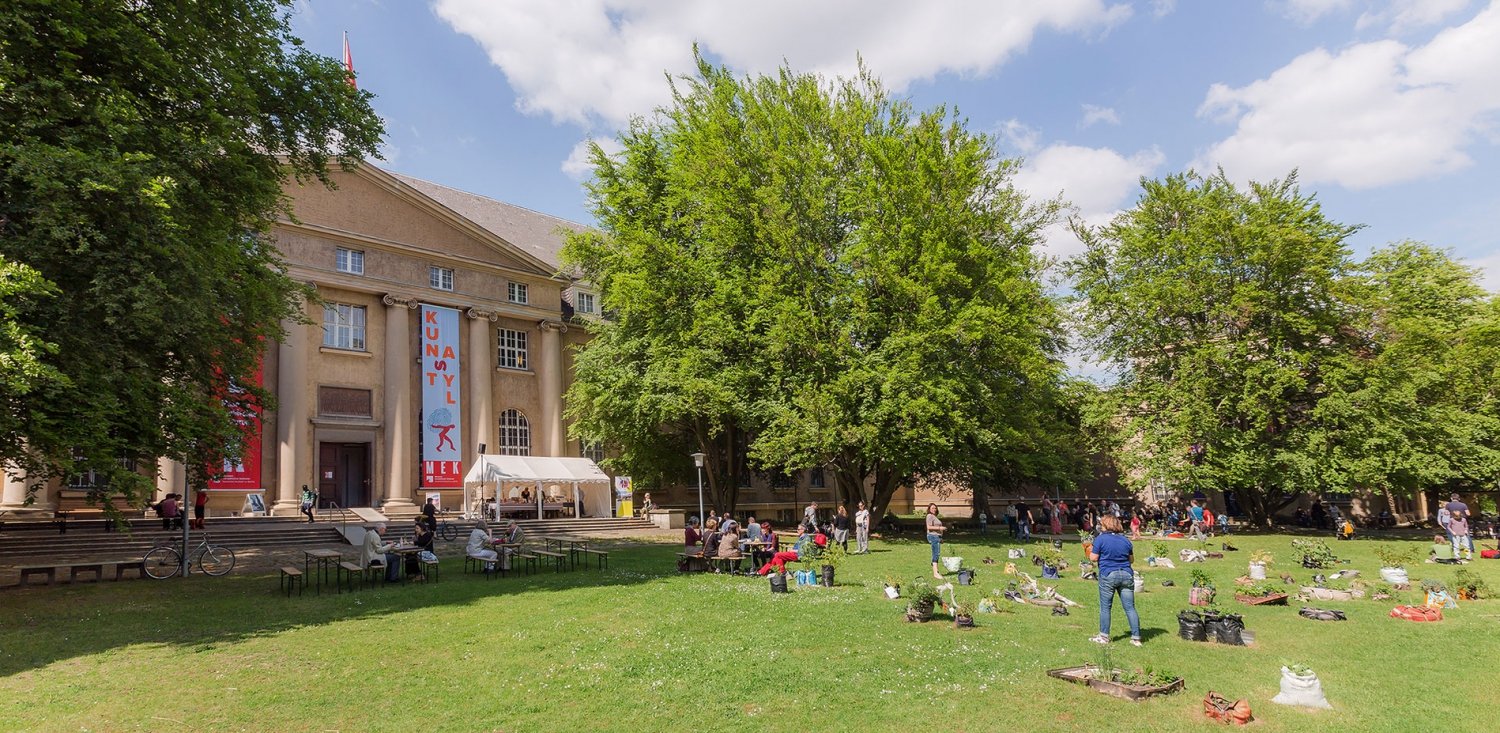
The Museum Europäischer Kulturen (MEK) in Dahlem focuses on the everyday life and cultural diversity of European societies. Established in 1999, the museum is part of the Staatliche Museen zu Berlin/ Stiftung Preußischer Kulturbesitz. Its exhibitions showcase various examples of arts and crafts, traditions and contemporary cultural practices, with a collection spanning textiles, photography and everyday objects. The Kiezsalon invites you to wander through the newest special exhibition and enjoy live music in their garden.
